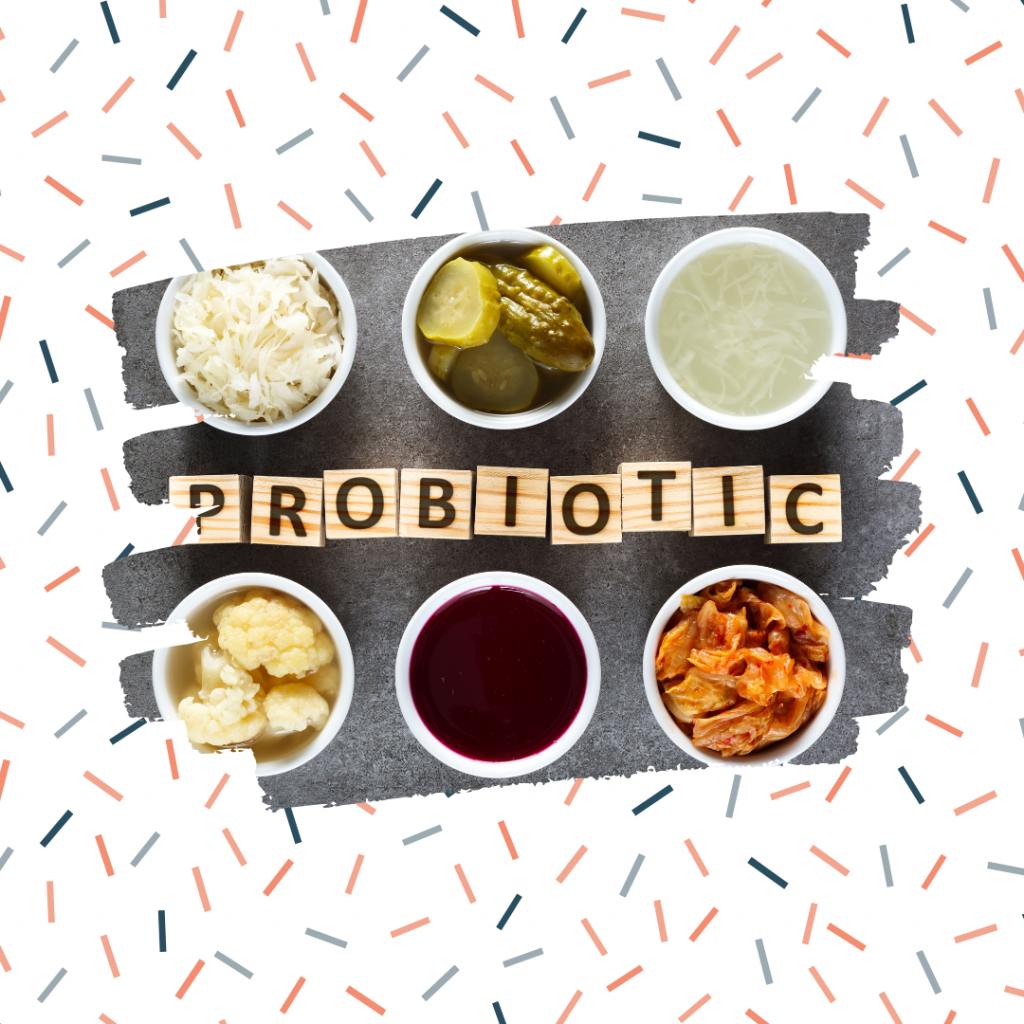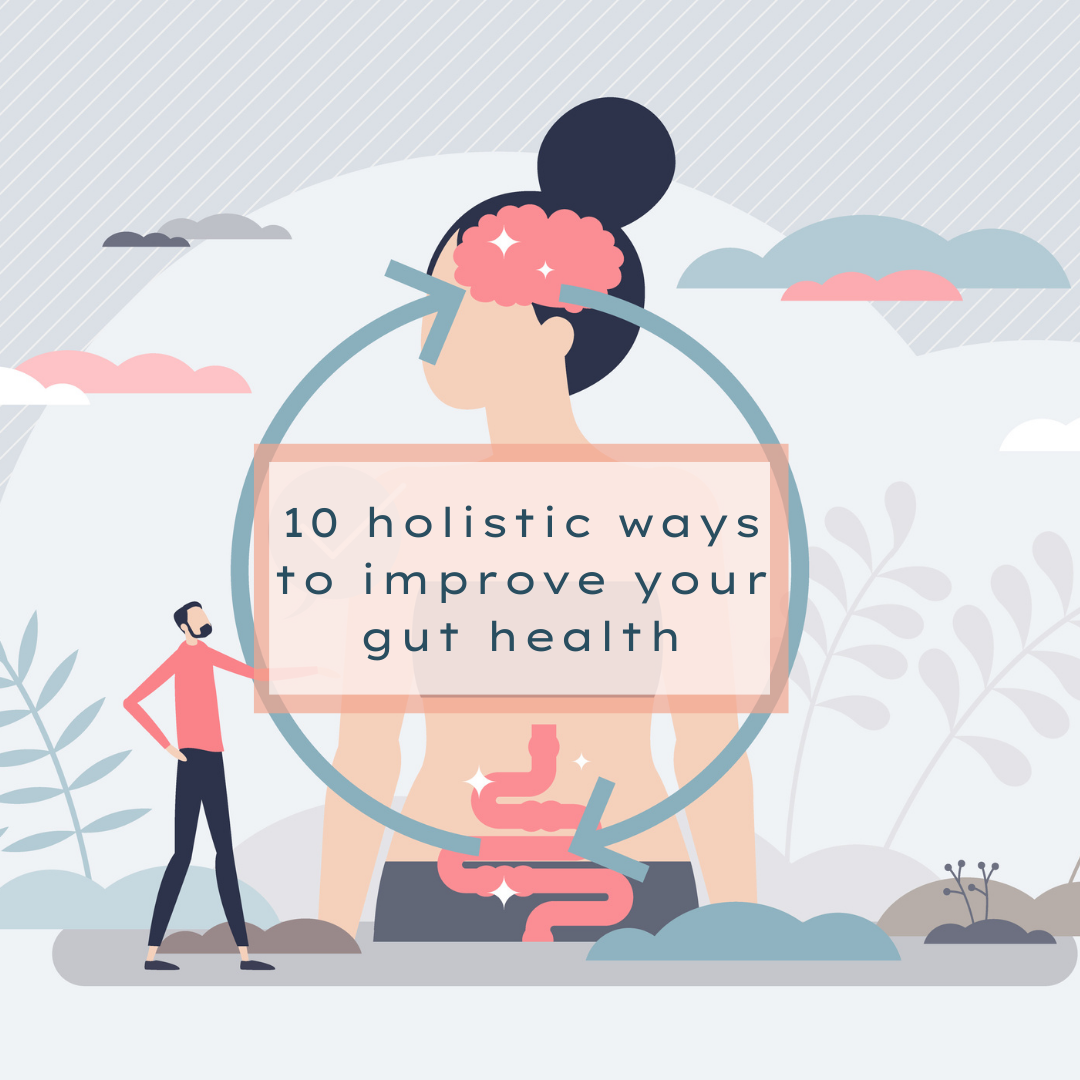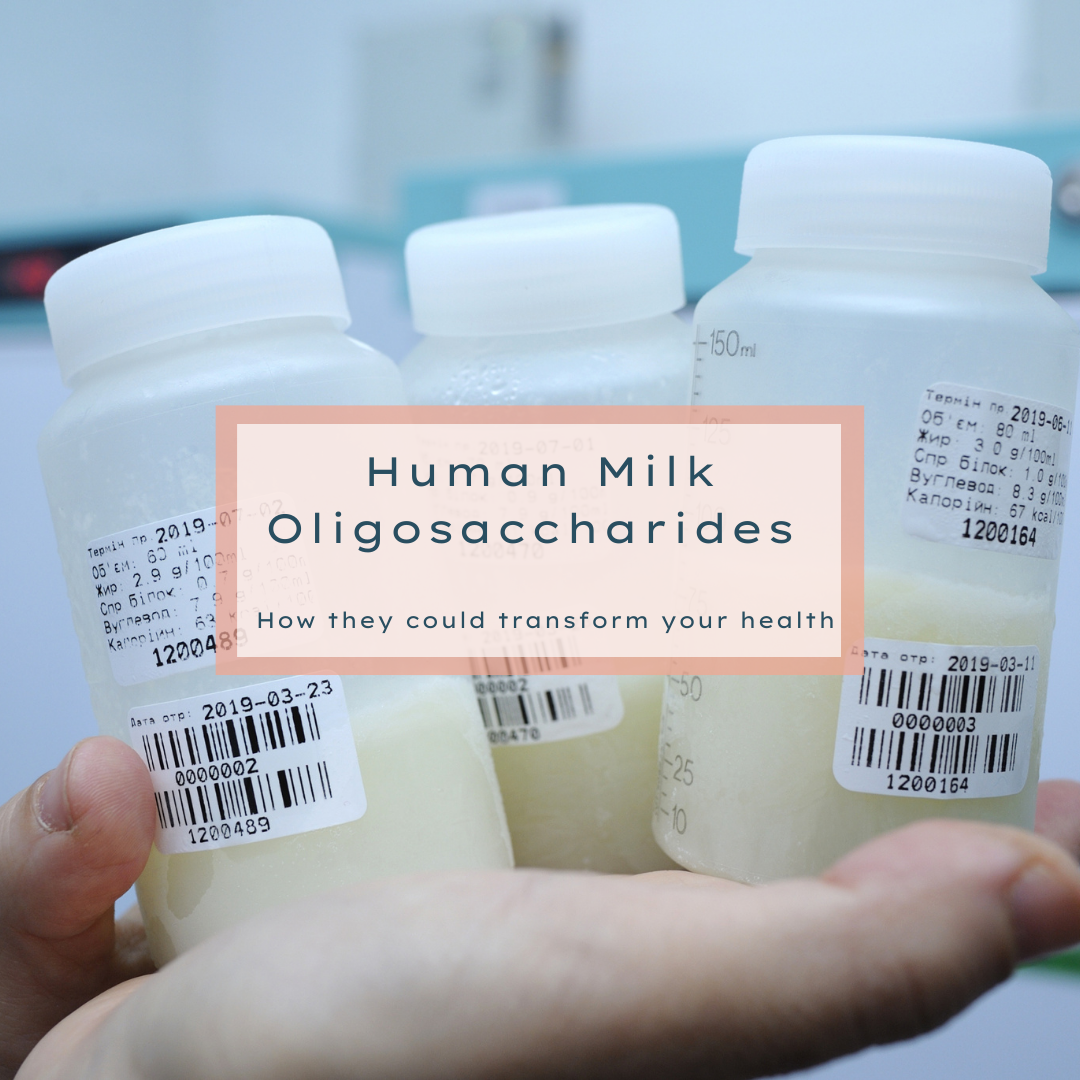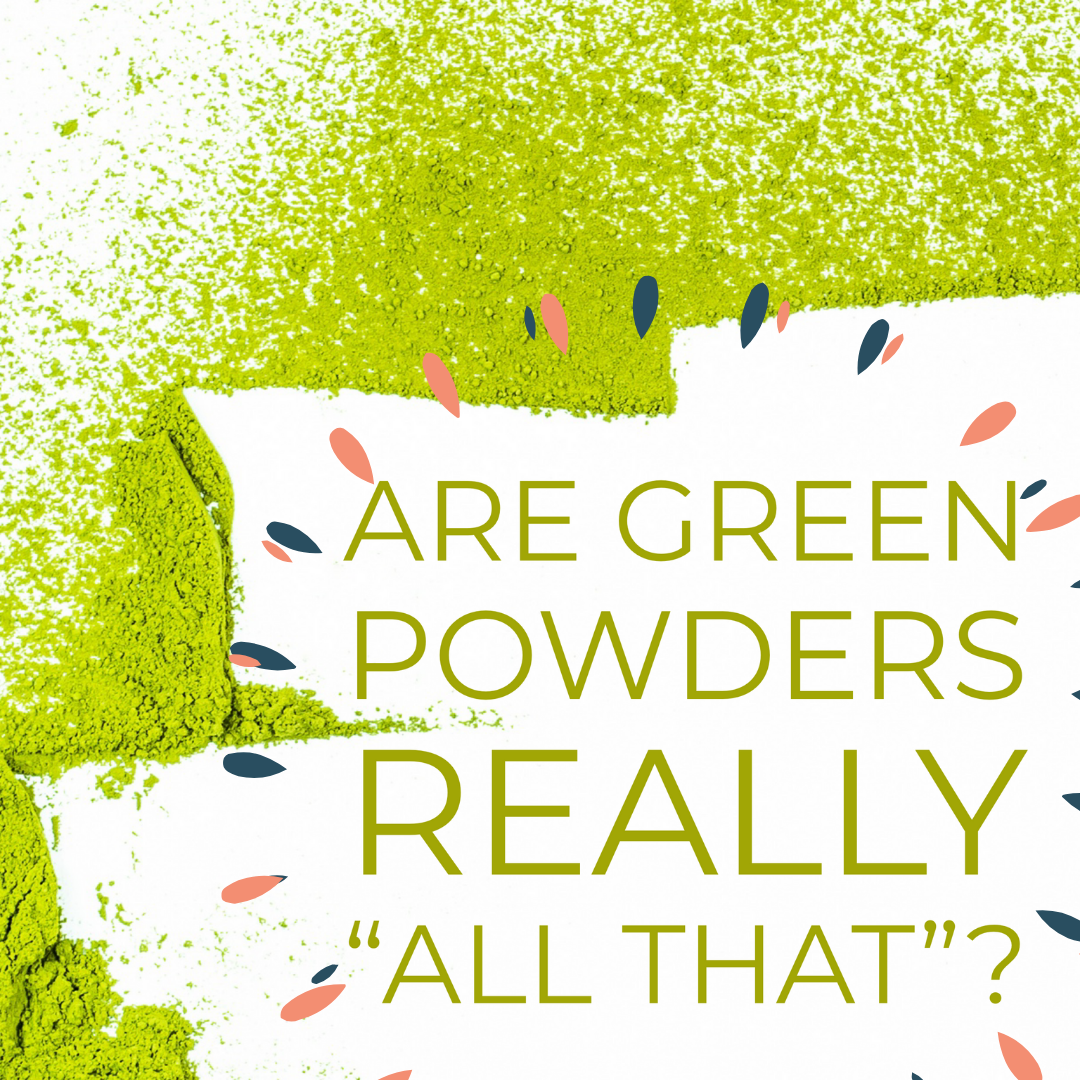What exactly are pre & probiotics, and do you need them? Let’s find out why!
Let’s start today off with a quick fact! Did you know that 70% of the immune system takes place in the gut? Before we jump in, I want you to ask yourself these questions:
- Do you eat foods that contain nutrients to boost your immune system?
- Do you ever think of the food you eat and how it affects your body?
- Do you ever feel bloated or experience discomfort after you eat?
PROBIOTICS are currently one of the hottest topics in the health industry. Working with hundreds of different clients I often hear reoccurring questions such as:
- Should I take a probiotic supplement?
- What are the benefits of taking a probiotic?
- Are probiotics in food?
- What are prebiotics?
- What should I look for on a probiotic label?
First and foremost, let’s get a solid understanding of what prebiotics and probiotics are.
Prebiotics are natural, non-digestible food ingredients that are linked to promoting the growth of helpful GOOD bacteria in your gut. That’s right, not all bacteria are bad! Prebiotics may improve gastrointestinal health as well as potentially enhance calcium absorption. Want to include more prebiotics in your diet? Prebiotics are commonly found in foods that contain a fiber called inulin: bananas, onions, garlic, leeks, asparagus, artichokes, soybeans and whole-wheat foods.
Prebiotics are naturally found in fruits and veggies, so one would think that Americans have no trouble getting these suckers into their diet, right? WRONG. Unfortunately, surveys have shown that most people don’t eat enough dietary fiber each day and therefore aren’t eating adequate amounts of prebiotics. The average American eats just 15 g of fiber per day, when the recommendation for adults is 25 to 38 g per day. There we have it folks, most of us can benefit from increasing their fiber intake, which will then in turn raise our prebiotic intake. But why do we need prebiotics…?
Prebiotics are food for probiotics…
Probiotics are actually the “good” bacteria —or live cultures— just like those naturally found in your gut. These active cultures help change or repopulate intestinal bacteria to balance gut flora. This functional component may boost immunity and overall health, especially GI health. Some strains of these live cultures may help prevent specific allergy symptoms, reduce symptoms of lactose intolerance, decrease symptoms of irritable bowl syndrome, and regulate the overall digestive system. However, effects can vary from person to person. What to include more probiotics in your diet? Try sauerkraut, kimchi, kombucha, yogurt, or kefir.
A questions I get asked on a frequent basis is: “My doctor recommended I take a probiotic supplement, so what should I take?”
Science may suggest that probiotics support immune health but that doesn’t mean every product labeled “Probiotic” is created equal. Probiotics found in sparkling kombuchas are very different from the strains found in yogurt which are also different from the strains found in the pill (or capsule) form. If a product in the grocery store has the word “Probiotic” marketed on the front of the package, it does not necessarily mean that there is scientific evidence supporting that specific product.
Yes, there are tons of hot products “Containing Probiotics”. I’m talking granolas, cereals, juices, cookies, in addition to the typical dairy products such as yogurt and kefir. Keep in mind that these companies can use the word “probiotics” on their packaging, without any regulations or standards behind the word. The food industry loves to confuse the day lights out of us…
My strongest recommendation is to use probiotics with good-quality evidence behind them. But it can be hard to see benefits with immune health if you are generally healthy anyway. Since there is a good history of safety with probiotics from strands such as Lactobacillus and Bifidobacterium, I don’t see anything wrong with trying products out to see if they work for you. If you as a consumer choose probiotics in foods, you may see a reduction in being sick with GI or upper respiratory illnesses and could also benefit from the nutrients in the product, such as calcium and protein in yogurt. When it comes to specific applications in certain illnesses, such as immune-suppressed individuals, the science is emerging, so I would stay tuned. Be familiar with the research and look at the quality of the studies regarding probiotics.
So what’s the final say regarding pre & probiotics? Eat a balanced diet high in foods that naturally contain prebiotics and probiotics! Food is nature’s medicine. Allow your body to reap the nutritional benefits that food has to offer. If you are thinking of a taking a probiotic supplement, check with a registered dietitian (obviously I would be happy to help) to ensure that the product is safe and has been found effective! Remember, 70% of your immune health is found in the gut; take care of your digestive tract…you only get one!
If you’d like to listen in to this episode, tune into the Bites Radio podcast above. If you’d like to keep up to date on all the latest, comment or join the conversation, be sure to head over to the bites radio Facebook page, or follow me on Instagram! And lastly, if you liked todays blog post or previous posts, be sure to subscribe to the Bites Radio podcast for weekly bites of nutrition knowledge!





